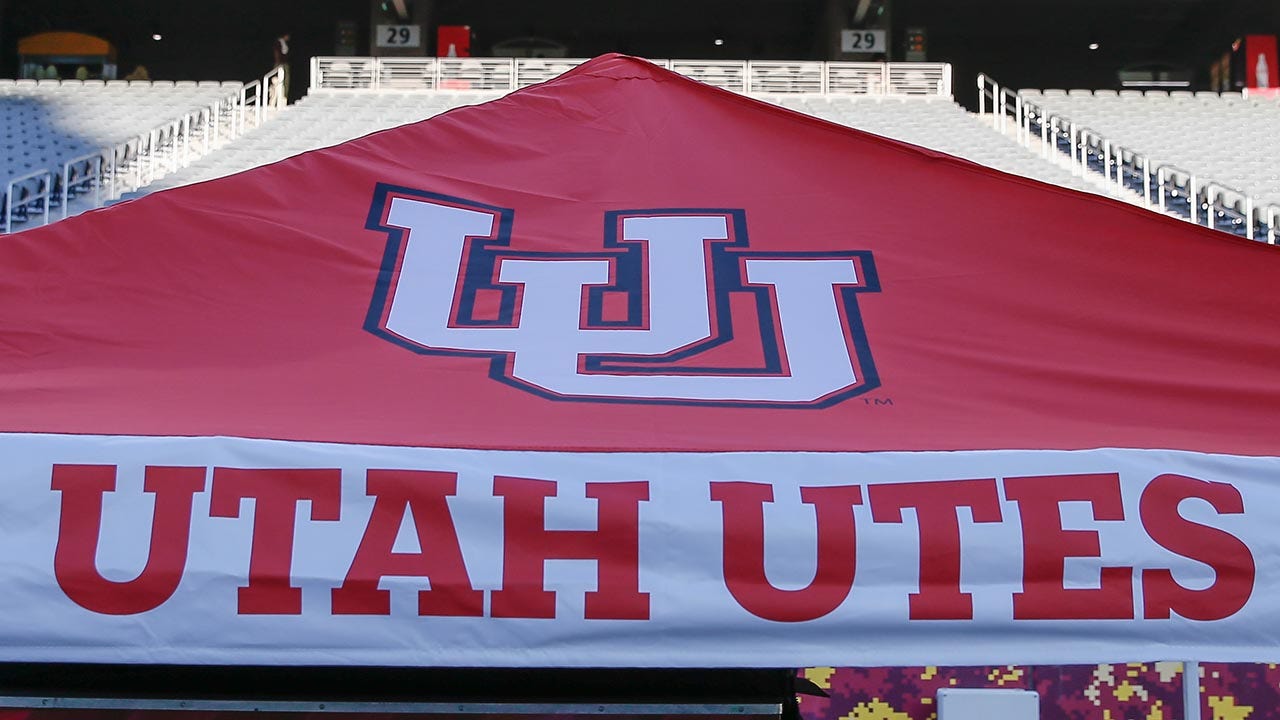Opponents of the bill include some low-income districts and advocacy groups that say the proposal does not go far enough to address the equity gap that benefits wealthy school districts.
A recent report from the Center for Cities and Schools at the University of California, Berkeley, found that districts in wealthier communities received $4,000 to $5,000 more per student to upgrade their facilities than districts in less affluent communities. That’s because districts receive a match based on what they can raise on their own. Districts with low levels of wealth and property values are limited in how much bonding they can raise, while wealthy districts and large urban districts like Los Angeles and San Francisco can raise much more.
“We’re sending a message, the wrong message, that some kids matter more than others,” said Lynwood Unified School District Superintendent Gudiel R. Crosthwaite.
Public Advocates, a public interest law firm, had proposed a different sliding scale that would have given less wealthy districts, like Lynwood, a 95 percent state match with a 5 percent local contribution, while wealthier districts would have received only a 5 percent match with a 95 percent local contribution.
The company has now threatened to sue the state based on the current language of the proposal, which it says violates students' constitutional right to a high-quality education.












